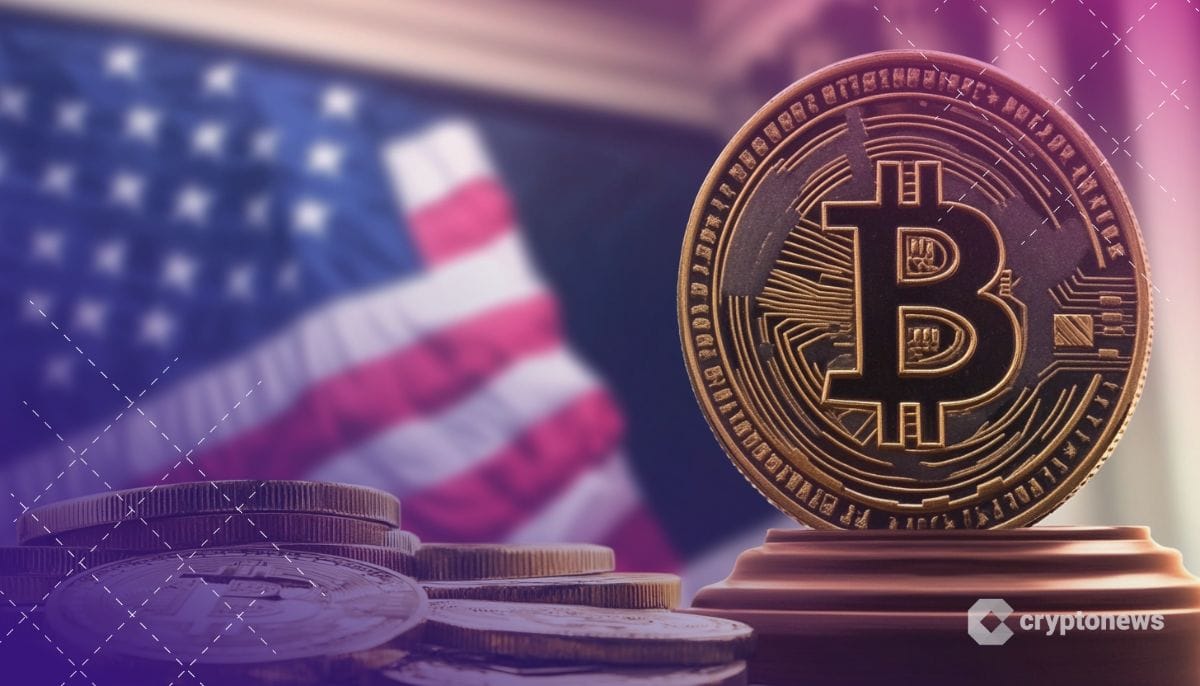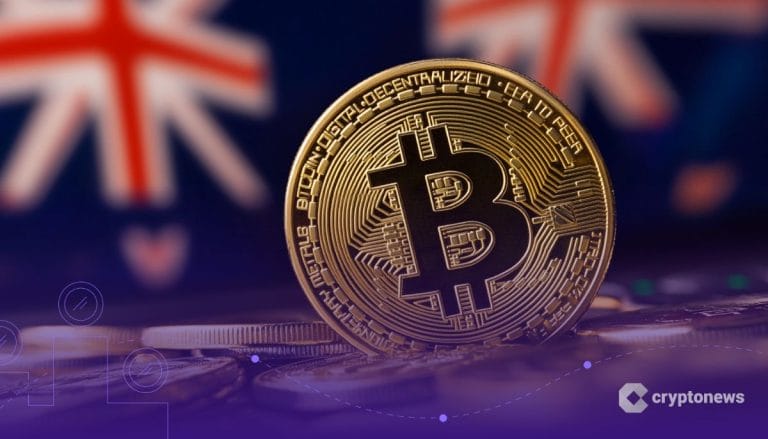Last updated:
 Why Trust Cryptonews
Why Trust Cryptonews
Ad Disclosure
We believe in full transparency with our readers. Some of our content includes affiliate links, and we may earn a commission through these partnerships.

Tai Mo Shan, a subsidiary of Jump Crypto, has agreed to pay $123 million to settle charges brought by the U.S. Securities and Exchange Commission (SEC) over allegations it misled investors about the stability of TerraUSD (UST), an algorithmic stablecoin that later collapsed.
The settlement, announced on December 20, highlights the SEC’s ongoing scrutiny of stablecoins and their operators.
The SEC accused Tai Mo Shan of entering into an agreement with Terraform Labs in 2021 to purchase Terra LUNA at a steep discount.
Tai Mo Shan Spent $20M to Help Maintain UST Peg
The company also reportedly spent $20 million to help maintain UST’s 1:1 peg to the U.S. dollar.
“The impact reverberated throughout the crypto markets, eventually costing the savings of countless investors,” SEC Chair Gary Gensler commented.
“Regardless of the labels, crypto market participants should comply with the securities laws where applicable and not deceive the public.”
UST, once the third-largest stablecoin by market capitalization, collapsed in May 2022, triggering a wave of panic in the cryptocurrency industry.
Unlike traditional stablecoins backed by tangible assets, UST used software algorithms and digital collateral to maintain its dollar peg.
The system unraveled on May 8, 2022, when a whale dumped $285 million worth of UST, causing the stablecoin to lose its peg and trade at $0.98.
By May 10, UST had plunged to $0.67, sparking mass liquidations and panic among investors.
The collapse revealed that the reserves of Terra’s underlying token, LUNA, were insufficient to support UST’s market capitalization, leading to the complete devaluation of the stablecoin.
The fallout from UST’s failure prompted global regulatory scrutiny of algorithmic stablecoins.
In the U.S., it influenced legislation such as the Lummis-Gillibrand Stablecoin Act of 2024, which bans algorithmic stablecoins.
The collapse also led to a formal investigation of Terraform Labs and its founder, Do Kwon.
The company faced a $4.4 billion settlement, marking one of the most significant enforcement actions in the cryptocurrency industry.
Fracture Labs Sues Jump Trading Over Alleged ‘Pump and Dump’ Scheme
Crypto game developer Fracture Labs has filed a lawsuit against Jump Trading, alleging that the firm manipulated its DIO gaming token through a “pump and dump” scheme.
The suit, submitted in October in an Illinois District Court, claimed that Jump Trading, acting as a market maker, breached its agreement to support the DIO token’s initial offering on the crypto exchange HTX (formerly Huobi) in 2021.
Fracture Labs asserts that it provided Jump Trading with 10 million DIO tokens, valued at $500,000, to facilitate the token’s launch.
Additionally, 6 million DIO tokens, worth approximately $300,000, were transferred to HTX.
Following the launch, HTX engaged online influencers to promote DIO, driving its value up to $0.98.
At this peak, the tokens Jump held were reportedly valued at $9.8 million.
However, Fracture Labs claims that Jump then sold its entire DIO holdings, leading to a “mass liquidation” that saw the token’s price plummet to $0.005.



